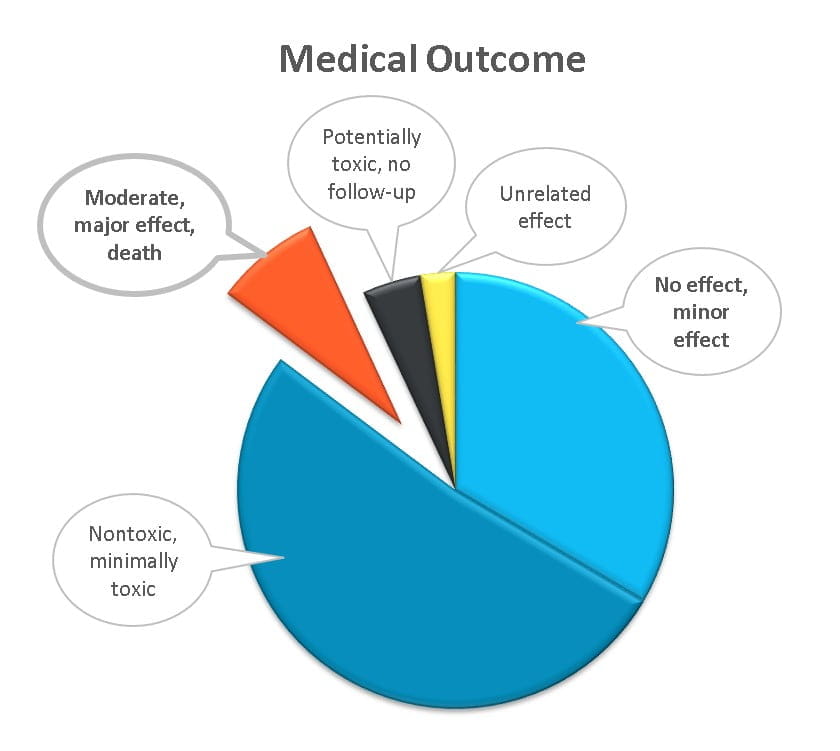
Meet Our Staff
Krista Osterthaler is the Director of External Affairs for the National Capital Poison Center, a 501(c)(3) nonprofit corporation and accredited poison control center in Washington, DC. In her current role, Krista is responsible for communications and development activities for the center and webPOISONCONTROL.













